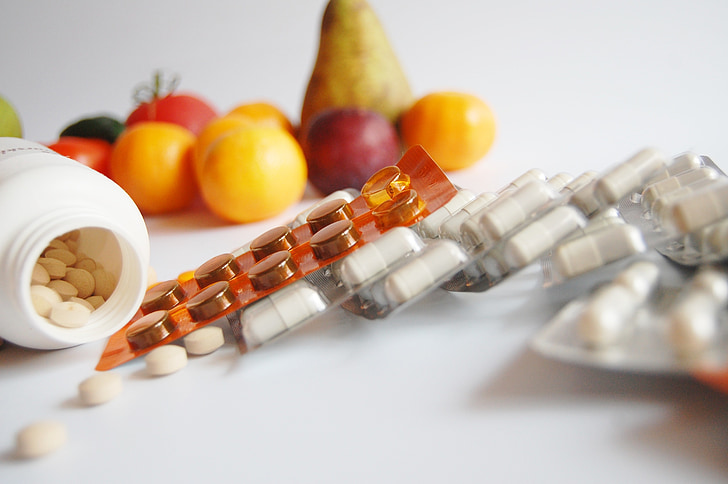Many people believe that you cannot have enough vitamins and indeed, you can be healthier by taking more. The opposite is true, according to food scientist Renger Witkamp from Wageningen University in the Netherlands. Witkamp says that people who ingest too much can contract vitamin poisoning.
In the past, people became quickly deficient in vitamins, especially in the winter months, according to Witkamp. "There was no fresh food from the country,” he told De Morgen “Meanwhile, the harvested food, such as potatoes, lost vitamin C the longer it was stored."
A prolonged deficiency of vitamins leads to serious physical problems, such as scurvy. Nowadays, serious vitamin deficiencies hardly occur in our regions. Fresh food full of vitamins is imported from all over the world. "You really have to try hard to get a vitamin deficiency these days," Witkamp said.
Too few vitamins are bad, but too many are also not good and can lead to vitamin poisoning. "You get poisoning when a surplus of vitamins accumulates in the body,” the food scientist added. “An accumulation of vitamin A causes dizziness, fatigue and abnormalities in eyes, skin and bones."
Anyone who takes vitamin pills containing more than the recommended daily amount (ADH), quickly has a vitamin surplus. For example, B6 vitamin pills may contain more than fifteen times more than the ADH B6. "To eat as much B6 as there is in one pill, you have to eat almost four kilos of walnuts,” said Witkamp. “Of course, no one would do that."
"We are not built to get vitamins from pills and can just get them in the right proportion from food."
In addition, nature has built in a handy brake against a vitamin surplus from some foods. According to Witkamp, too much vitamin A from, for example, carrots or bell peppers cannot make you sick.
So, is taking vitamin pills really necessary? "Plants contain vitamin A in a form called carotene, which must first be converted in our body into vitamin A that the body can use. This process has a biological brake: the more we ingest, the less we convert." Simply put, the vitamin A must be cut off from the food. Our body does this with the help of enzymes. Any excess vitamin A is expelled in bodily waste.
Some groups have to be careful, Witkamp said. "For example, if you are vegan, it is important to take vitamin B12. In the elderly and drug users, the absorption of vitamins may be reduced." As long as you eat varied and healthy foods, taking vitamin pills is unnecessary.
"If you still want to take vitamin pills, you have to pay attention to the dosage,” Witkamp concluded. “Usually, multivitamins are the best option because there is a little bit of everything in there. But more vitamins are really not always better."

